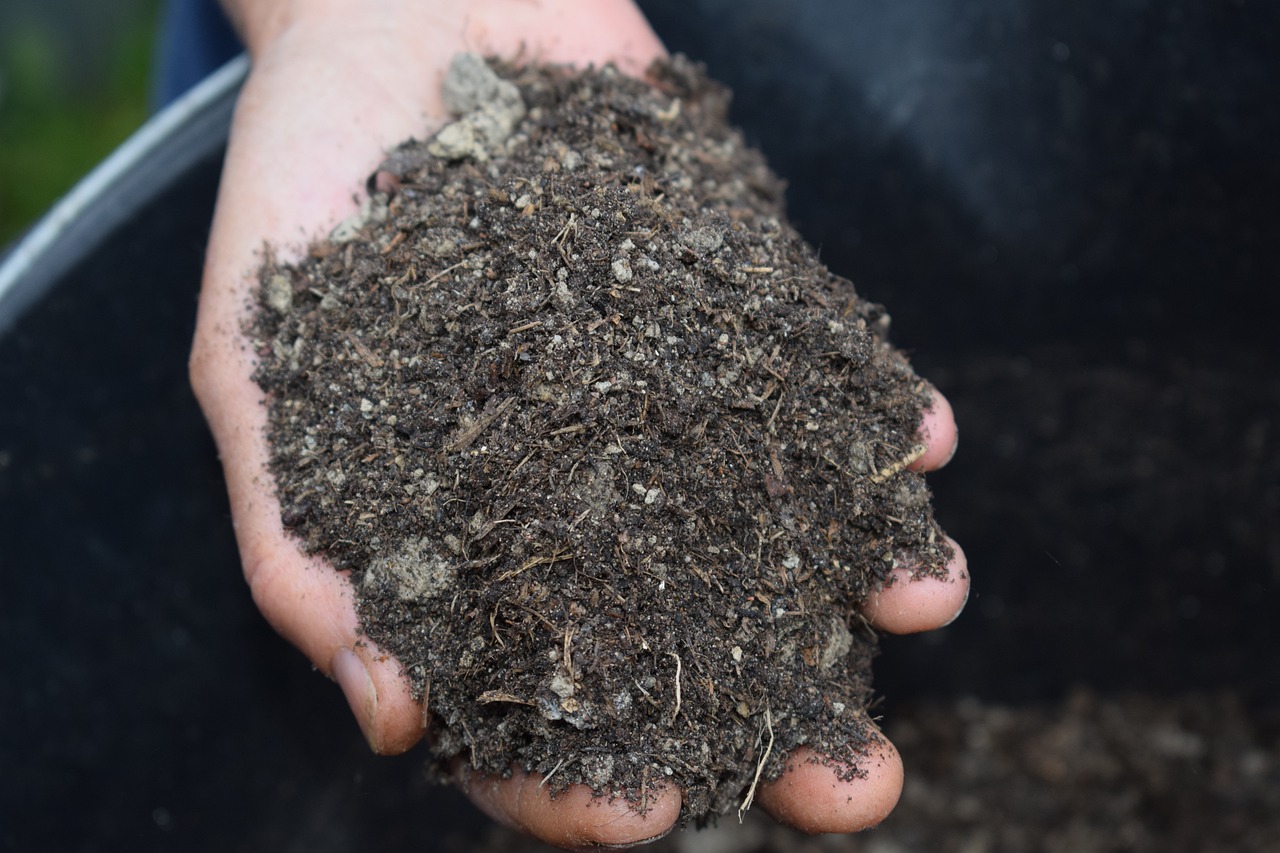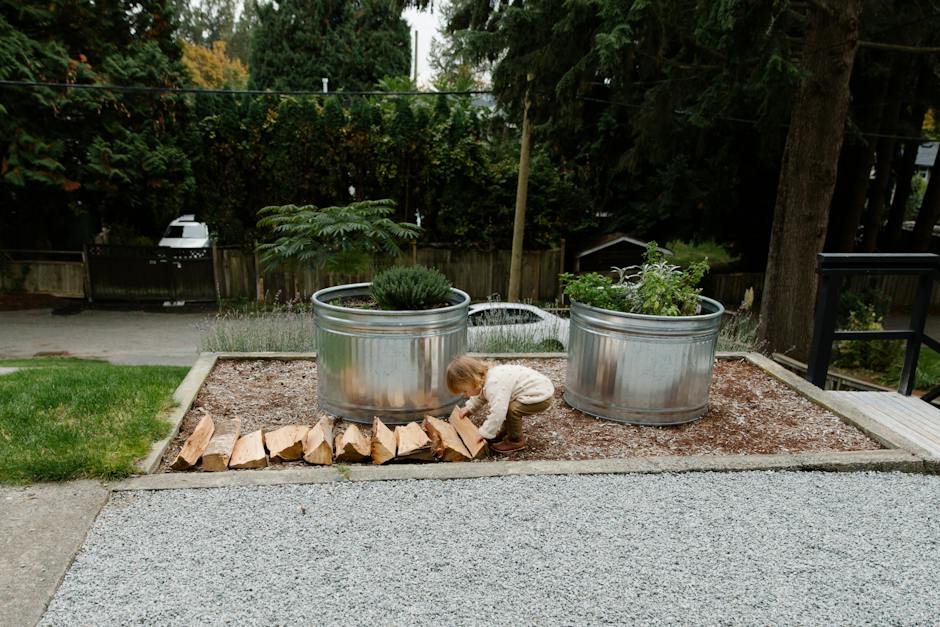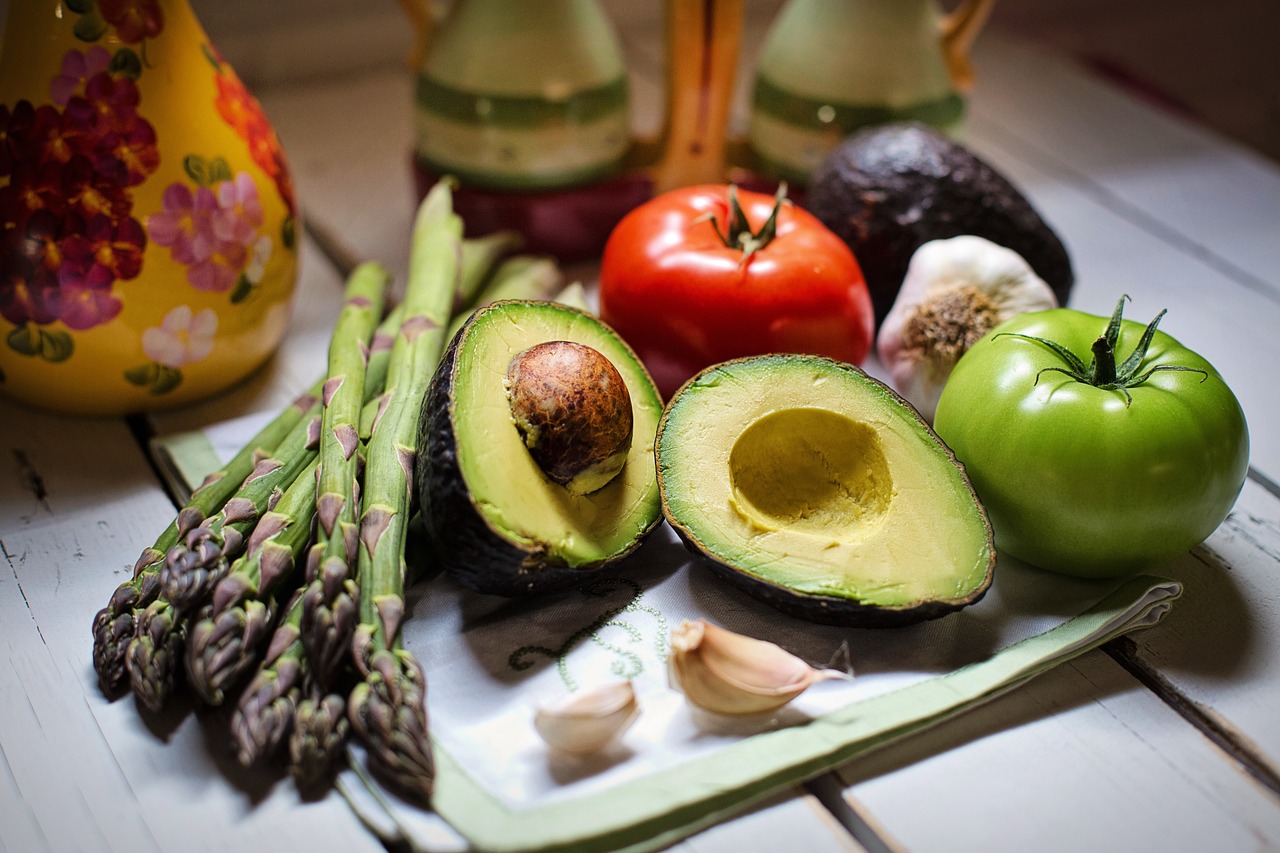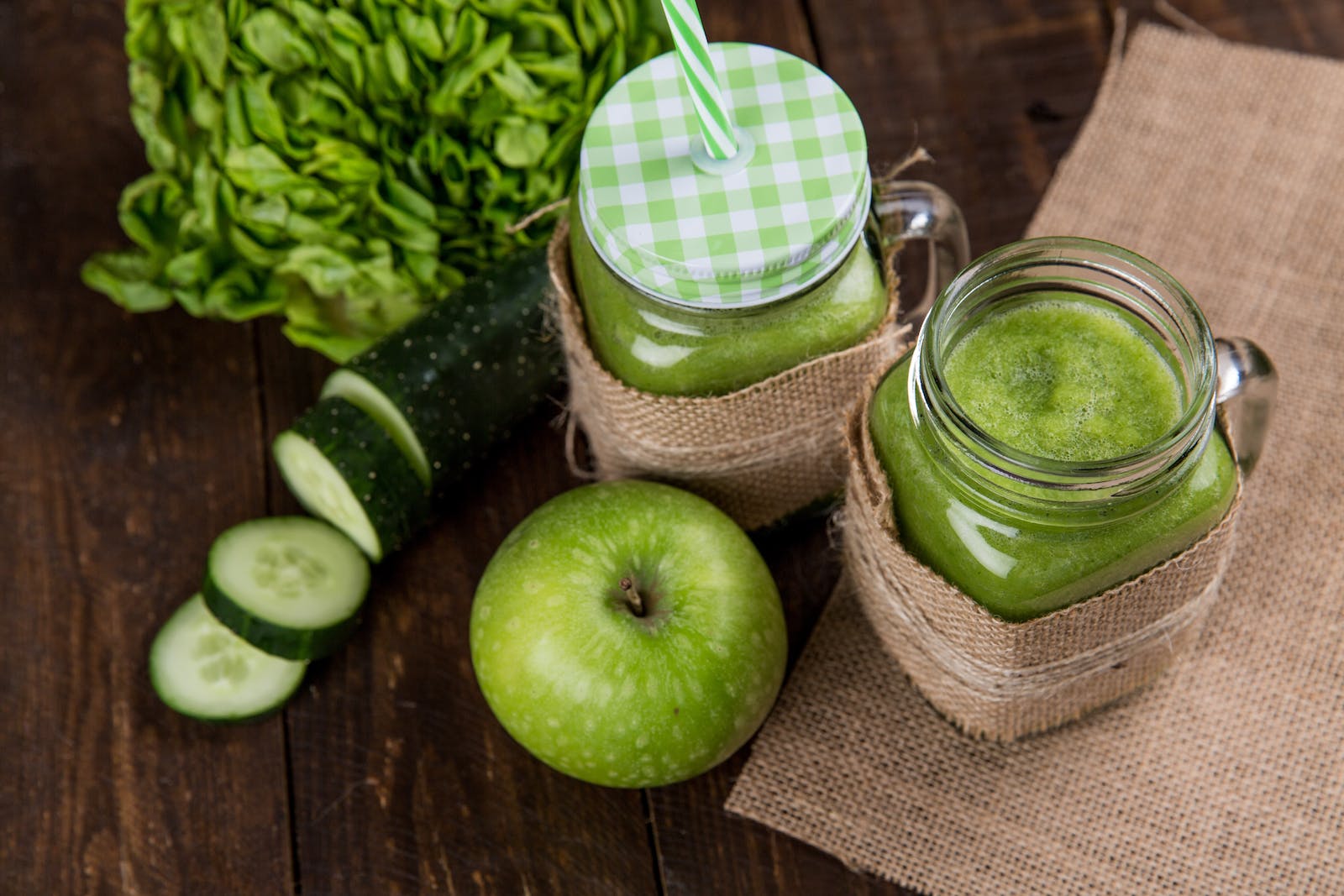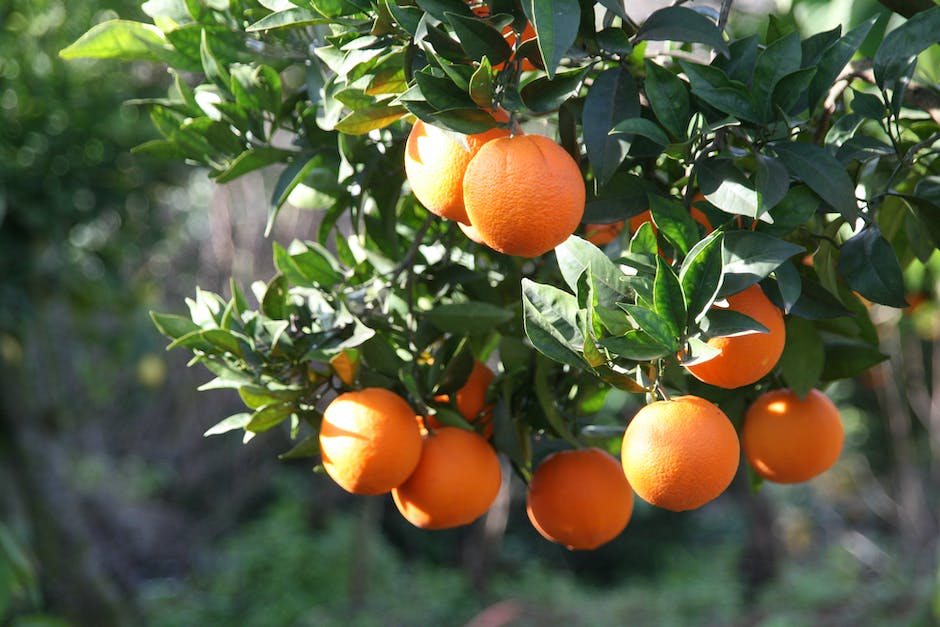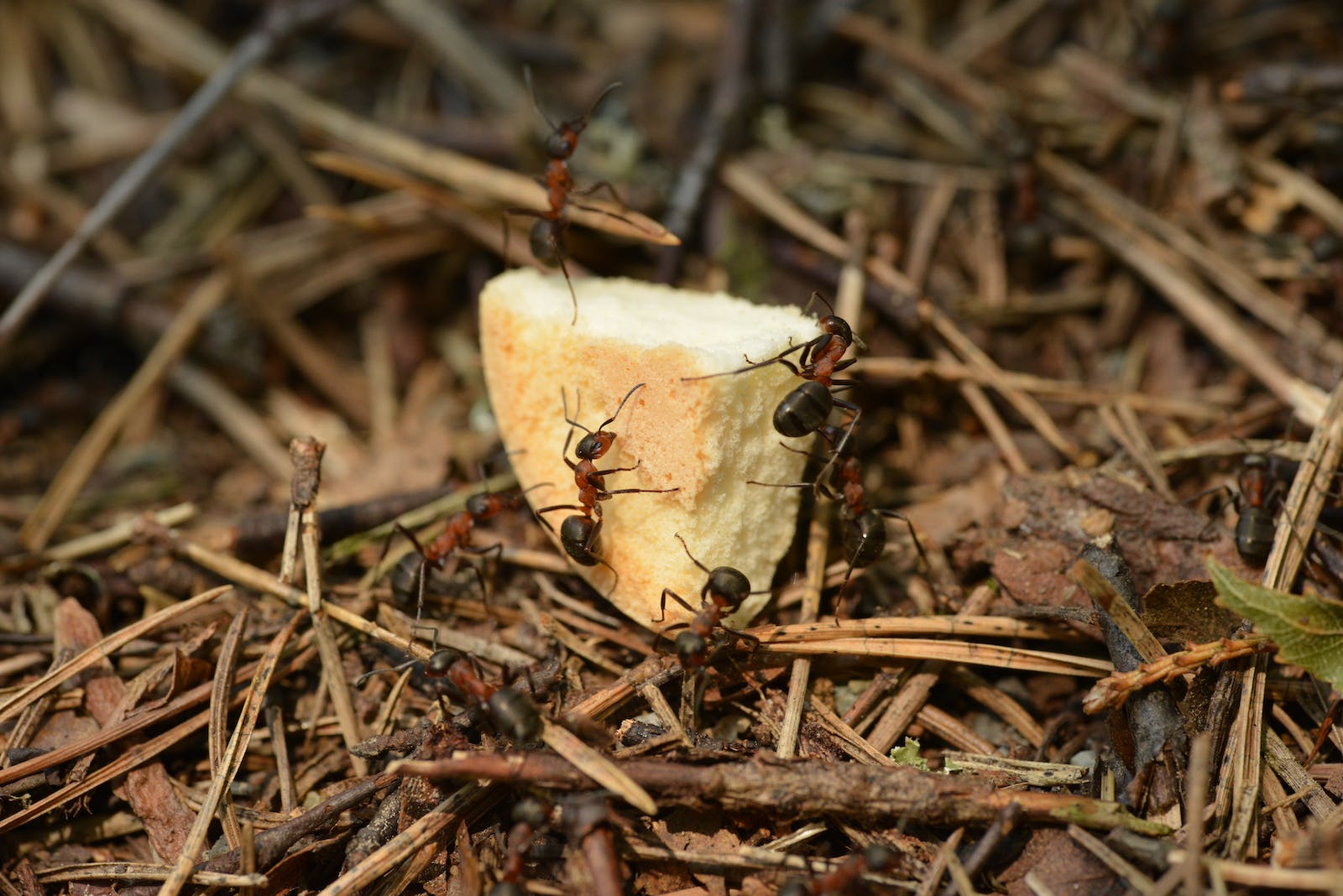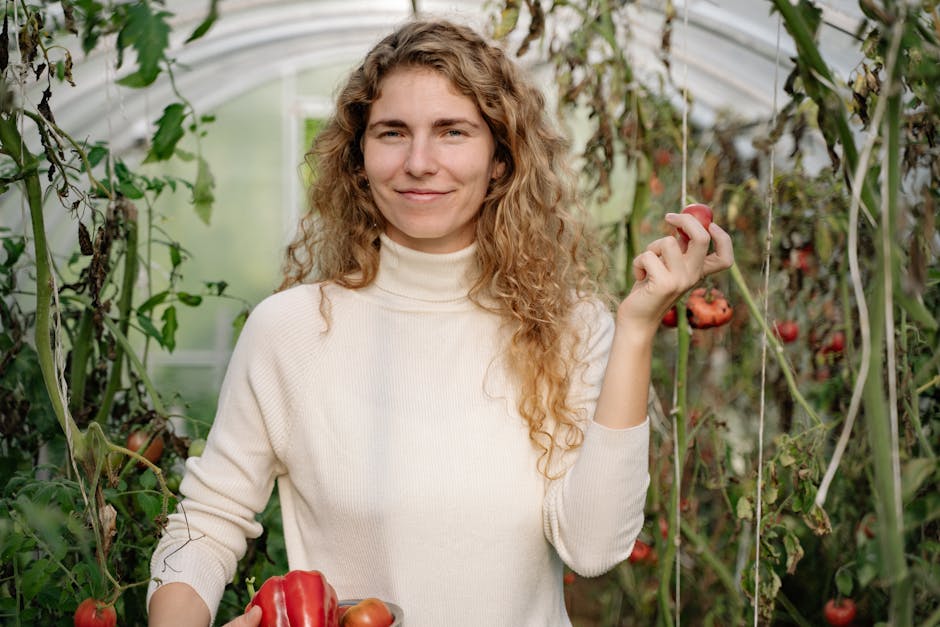
The Pros and Cons of Growing Your Own Vegetables and Fruits
Is Backyard Gardening Worth the Time and Effort?
Growing your own vegetables and fruits can be an incredibly rewarding endeavor. It provides a sense of connection to nature, the thrill of nurturing your own food from seed to harvest, and the satisfaction of consuming produce that's fresh and organic. In a world that increasingly values sustainability and self-sufficiency, many people are turning to home gardening as a way to reduce reliance on store-bought goods and embrace a healthier lifestyle. However, while the benefits are compelling, it's essential to also consider the drawbacks that come with this type of gardening.
With rising concerns about food quality, pesticide use, and environmental sustainability, growing your own vegetables and fruits allows you to take control of what you eat. Whether you have a spacious backyard or a tiny balcony, there's potential for everyone to get involved in home gardening. But it's not just about planting a few seeds; it requires consistent effort, knowledge, and resources. In this article, we will explore both the advantages and disadvantages of growing your own produce to help you determine if it's the right choice for you.
Pros
Home gardening is gaining popularity among people of all ages, and for good reason. Growing your own vegetables and fruits can lead to a host of benefits that are not just limited to enjoying fresh produce. From financial savings to environmental benefits and improved mental health, the advantages are endlessly appealing. Delving into the joys of gardening, you'll discover how even a small patch of land can transform your lifestyle and eating habits. Below are some of the most significant benefits of cultivating your own vegetables and fruits at home.
Missing a pro?
Cons
While the benefits of growing your own vegetables and fruits are compelling, it's equally important to recognize the challenges that come with this rewarding venture. Gardening can be a labor-intensive activity, requiring significant time and effort, and may not yield immediate results. Additionally, various environmental factors and potential pest problems can hinder your gardening success. Understanding the common disadvantages is crucial for effectively managing expectations before you dive into the world of home gardening.
Missing a con?
Conclusion
Growing your own vegetables and fruits offers a lifestyle transformation that rewards you with fresh food, mental health benefits, and financial savings. However, it also requires a level of commitment and knowledge to navigate the challenges associated with gardening. Before diving in, it's essential to weigh the pros and cons to determine if this rewarding yet demanding venture aligns with your lifestyle. Whether you’re a seasoned gardener or just starting out, understanding the realities will help you cultivate a productive and enjoyable gardening experience.
What do you think?
Do you think the pros outweigh the cons?



